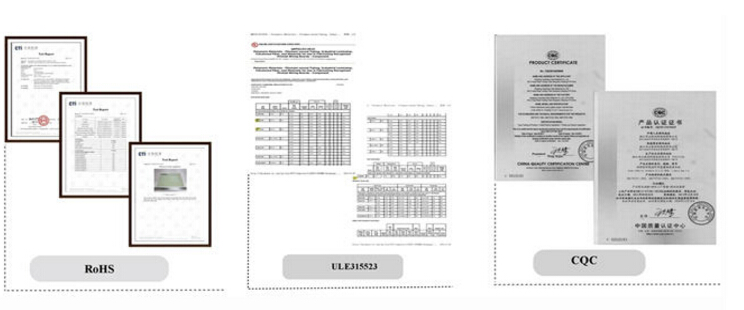The lighting design community in the United States was understandably agitated to hear that Texas had approved legislation to effectively prevent lighting designers from practising their art. The Texas State Legislature passed a Bill on May 27, 2009, which included the statement, “A person may Not perform or offer to perform lighting design services unless that person is: licensed as an engineer under this chapter; registered as an architect, landscape architect, or interior designer...."
This language was, apparently, included in the Bill because an influential client with links to government staff had had a bad experience with a lighting designer.
The Illuminating Engineering Society of North America (IES) issued a statement and, along with the International Association of Lighting Designers (IALD), mobilized its members to lobby the Texas Senator concerned. This was successful within days, and instead the Bill requested a study To look at the feasibility of licensing in the industry (see IALD news ).
The IALD is extremely pleased that the combined grassroots efforts organized by the architectural and the atrical lighting design communities have paid off, IALD President Jeff Miller stated.
Lumileds and Epistar both win patent case
US-based Philips Lumileds and Epistar, a rival LED maker based in Taiwan, have both claimed success in a dispute between the two companies relating to AlGaInP LEDs. A decision by the International Trade Commission (ITC) was appealed by Epistar, and a ruling Was issued on May 22.
The press releases issued by Philips Lumileds and Epistar both put different interpretations on the outcome.
The appeals court cancelled a Limited Exclusion Order preventing certain Epistar products from those imported to US, and remanded the case to the ITC for reconsideration. Epistar believes it can prove that certain of its products do not infringe Philips US patent no. 5,008,718, which Will expire on December 18, 2009. Lumileds disagrees, and both examples say they are still confident of success.
Heres how the Green Patent Blog discussed the ongoing disagreement between the companies.

G10 Material is the ideal material for making knife handles because it is light, easily workable, does not expand or contract due to normal temperature and moisture exposure, and extremely rugged.
G10 Material made by inserting woven glass fiber impregnated with epoxy resin binder through a laminate, G10 is widely used in electronics and printed circuit boards because it is not electrically conductive. It doesn't shrink and holds forms very well ensuring dimensional stability. It does not absorb water.
G-10 material, a fiberglass based laminate. Layers of Fiberglass Cloth are soaked in resin and are compressed and baked. The resulting material is very hard, lightweight, and strong. Surface texture is added in the form of checkering. G10 is an ideal material for tactical folders because of its ruggedness and lightweight. It is usually available in black.
These G10 scales are made for the knife. These scales provide you with all the advantages of a G10 handle, including a solid grip and a great look that is hard to miss. The scales are simple to attach and remove via Allen screws on either side. Includes hardware.
We're direct G-10 Handle Scale blanks manufacturer & supplier.We could provide you high quality G-10 Handle Material Scales with competitive price.
Our Certificate

G10 Scales Blanks,Knife Handle Scales G10,Material Blank Scales G10,G10 Handle Material Scales
JinYuan Group-NingBo JinYuan Insulation Material Co.,Ltd , http://www.ccl-manufacturer.com